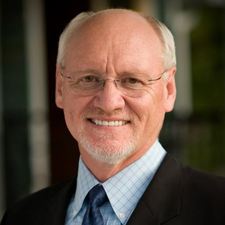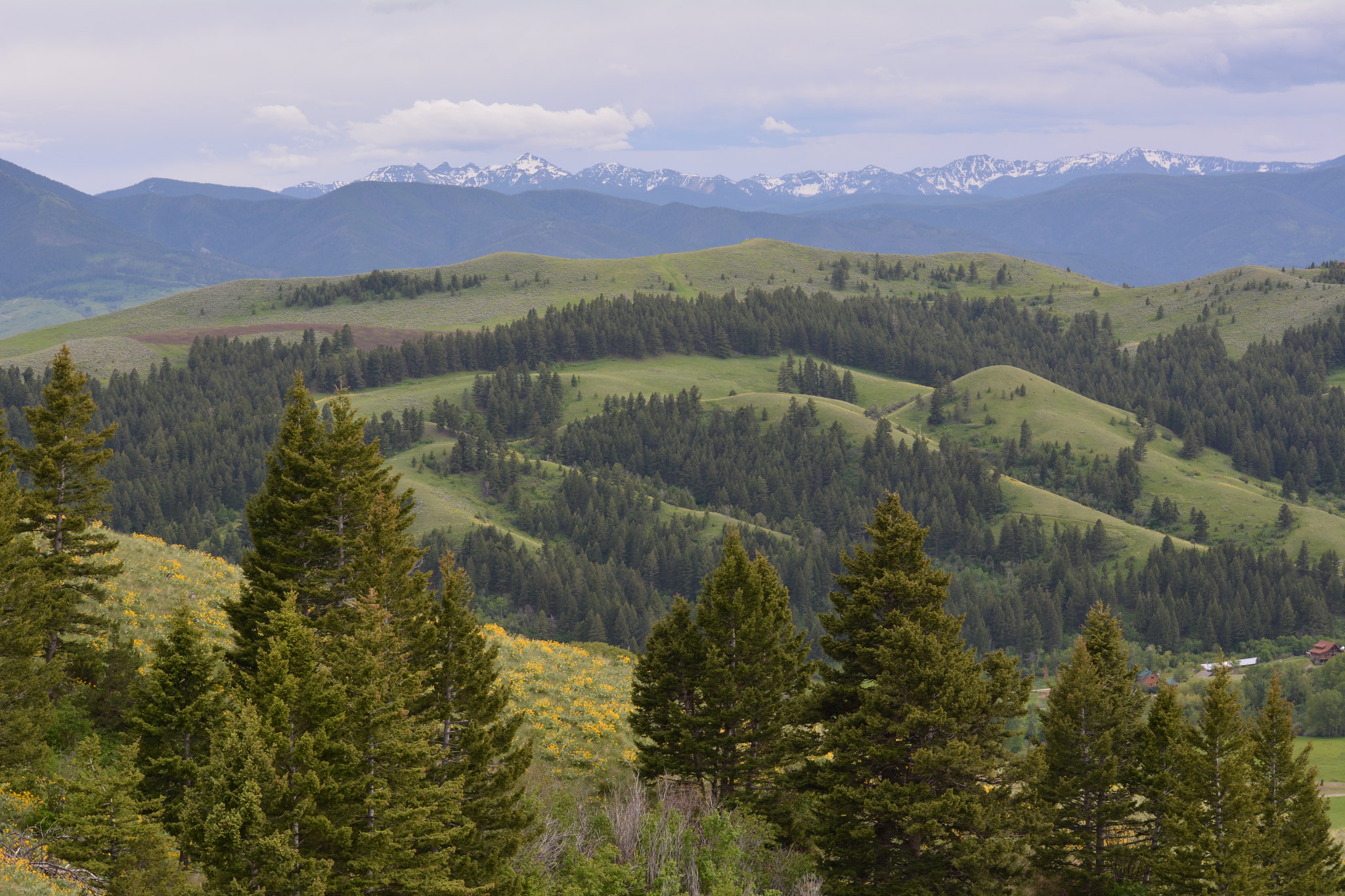Before considering a request to create an economic development strategy for the Aneth Chapter of the Navajo Nation, a visit was in order. I set out with two of my colleagues, Megan Hansen and Ryan Yonk, on a 450 mile drive from northern Utah to Montezuma Creek in southern Utah—a town so small you might drive through it and not even realize it.
First stop, the Northern Regional Business Development Office where we met Dorothy, the Aneth Chapter’s Senior Economic Development Specialist. We hoped to learn more about the institutional impediments to local, bottom-up entrepreneurship facing the Navajo Nation. Dorothy said that when it comes to starting a new business, there is often a lack of passion among locals. It turns out there are many reasons why you might be deterred from starting a business in Montezuma Creek. On Navajo Nation land, for example, just getting the rights to build something on the land could take years. First, you have to get the leaseholder to agree to give up the land. Next, you must do archaeological assessments to make sure you are not disrupting any sacred sites. Then, you would need to record the lease transfer with both the Bureau of Indian Affairs and the Navajo Nation and get each entity to approve the transfer. Finally, you have to write a business plan and get it approved by the tribal council. In Dorothy’s words, “It’s a quagmire here.”
There is no grocery store in Montezuma Creek. Nor is there a bank. This means a local entrepreneur would have to travel at least 50 miles to purchase supplies or visit a bank. There used to be a bank, Dorothy said, but problems with security make the town a risk. Because it is so remote, criminals often come to the area to hide out from law enforcement.
Another obstacle is the Navajo Tribal Utility Authority. In short, a new business cannot start until the utility authority agrees to provide water and electricity. In Montezuma Creek, the utility claims it does not have enough water to supply any businesses.
A bit depressed after the first meeting, we were pleasantly surprised to meet an entrepreneur named Misty. She walked into the room of Navajo men and women wearing a pink camouflage sweatshirt and a trucker hat pulled down over her brown hair. Misty mentioned that she started out with nothing more than a snow cone machine that she moved around selling cones door to door. “I took fifty dollars, doubled it, and just kept going.” Soon she branched out, selling jewelry and bread to people traveling through town. Today, Misty is the proud owner of a bed and breakfast and a sandwich shop. Her sandwiches have become so popular, she now encourages people to call and place their orders ahead of time.
Misty is optimistic about entrepreneurship in Montezuma Creek. But she is luckier than most because her bed and breakfast is on a section of private land, part of the checkerboard system of land ownership that occurs on many reservations across the West. Because of this she does not have to deal with the complicated bureaucratic rules for acquiring leases. In addition, she also has her own well, which means she can bypass the utility company for water. She is also on the side of the creek that is served by Rocky Mountain Power, not the Navajo Tribal Utility—meaning she is able to avoid most of the difficulties of starting a business on the reservation.
After talking with other community members, it became apparent that the storage buildings, repair shops, and offices that serve the oil and gas drilling industries in the area are on sections of state or private land, not on reservation land.
There is, however, one way to flourish on reservation land. The final stop of the day was with a group of local entrepreneurs known as “the burrito people.” This band operates outside the legal rules (no permits, business licenses, etc.) to sell their wares from vans, cars, and trucks. Along with burritos, they offer kneel bread and tamales. It seemed like everyone had a favorite burrito seller, and even felt committed to buying food from that particular person. One community member admitted, “You feel like you’re cheating on your burrito lady when you go to someone new.”
Misty and the burrito people demonstrate that entrepreneurship is happening in Montezuma Creek, but not of the sort found in traditional economic development plans. The entrepreneurship we witnessed within the Navajo Nation happens largely outside tribal rules or on state or private land. How the institutional impediments to larger-scale entrepreneurship on reservation land within the Navajo Nation can be tackled is a subject for a much longer article.




